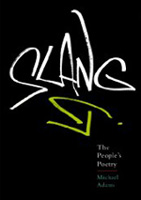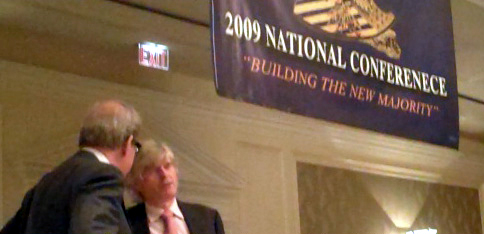Wordnik
From Language Hat:
A couple of years ago, lexicographer Erin McKean … gave a TED talk about the evolution of language and the shortcomings of traditional dictionaries (an hour long, well worth your while). Since then she has been working on an entirely new sort of online dictionary to address some of those shortcomings, and it's now gone live (in beta) as Wordnik (great name). In the words of Maria Popova at Brain Pickings, "A crowdsourced toolkit for tracking and recording the evolution of language as it occurs, its goal is to gather as much information about a word as possible — not its mere definition, but also in-sentence examples, semantic “neighborhoods” of related words, images, statistics about usage, and more."
Check it out.
Permalink Comments off



 Usarufa is a
Usarufa is a